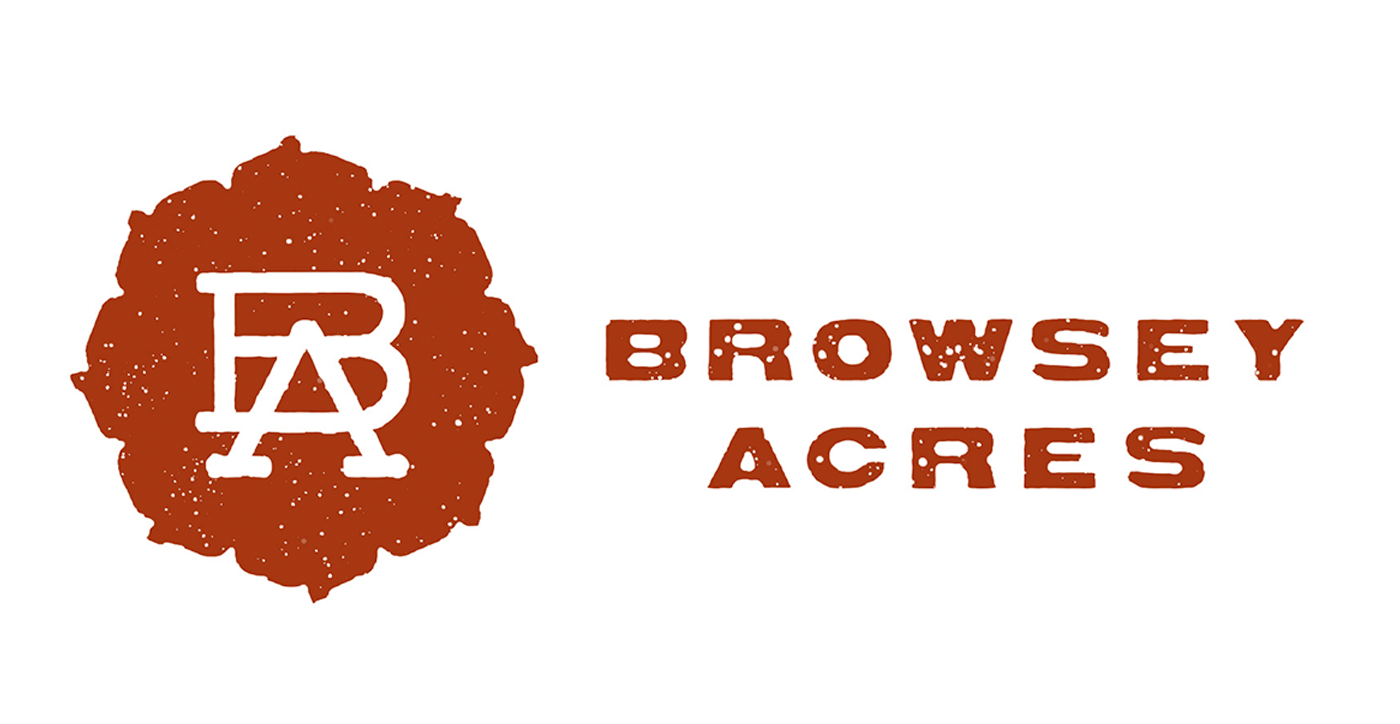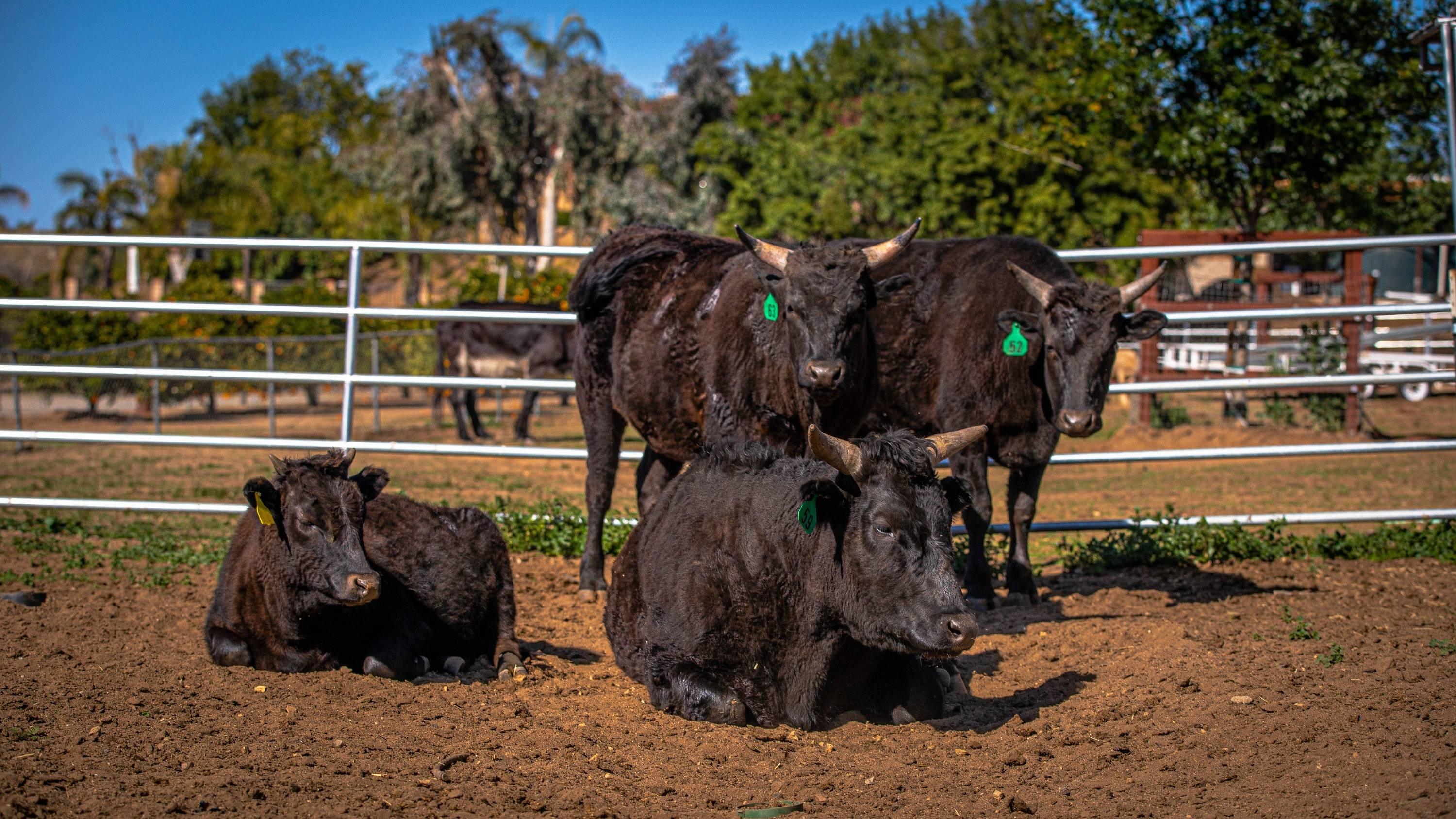Until 2012, Japan and America placed bans on importing and exporting Wagyu on and off for years. The first four Wagyu cattle arrived in the U.S. in 1976, for the purposes of crossbreeding them with other types like Angus. However, between that first arrival and the first export ban in 1977, less than 200 Wagyu had been sent to America.
That first ban in 1977 was when Japan declared Wagyu a national treasure. With the second, in 2003, imports and exports were halted because of the foot-and-mouth disease outbreak. This is why Wagyu beef is so rare in places outside of Japan today. However, with technology, cattle ranchers have adopted alternative methods to achieve the marbling that authentic Fullblood Wagyu provides.
The cattle on Browsey Acres are procured from Sustainable Natural Foods, which is a great example of cattle ranchers taking advantage of today’s farming advances. There is even a section on their site for purchasing top-notch Wagyu embryos so other ranchers get the best genetics guaranteed before the breeding process even begins.
Crossbreeding’s rising popularity in American farming is why a lot of what is labeled as “Wagyu” or" “Kobe” in restaurants—at a relatively low price—might not be that authentic. It is estimated that out of 30,000 Wagyu-influenced cattle in America, less than 5,000 are Fullblood Wagyu. There are even fewer of the specific breeds of Wagyu in America, like Kobe, so anything claiming to be, for example, a Kobe slider at a cheap price is probably not the real thing.
The authenticity and quality of the beef go hand in hand, but that is not to say that crossbred Wagyu beef isn’t still delicious. Even with just half of the Wagyu genetics for marbling, it’s guaranteed to beat any other beef. According to the U.S. Department of Agriculture, at least 50% Wagyu is all a cow needs to be deemed Wagyu, plus remaining in the feedlot for a minimum of 350 days.
American Wagyu and Japanese Wagyu are bound to taste different because of many factors. There are things like the cattle’s diet and environment. American Wagyu is also usually a little meatier, with less fat marbling in the meat—but it is still prime beef. In fact, according to USDA grading, Domestic Wagyu has the highest level of marbling of all American beef. With its history, unique flavor and texture, and rarity, it’s no surprise that Wagyu took America by storm when it finally came back.


Share:
The Health Benefits of Wagyu
The Truth About Frozen Wagyu